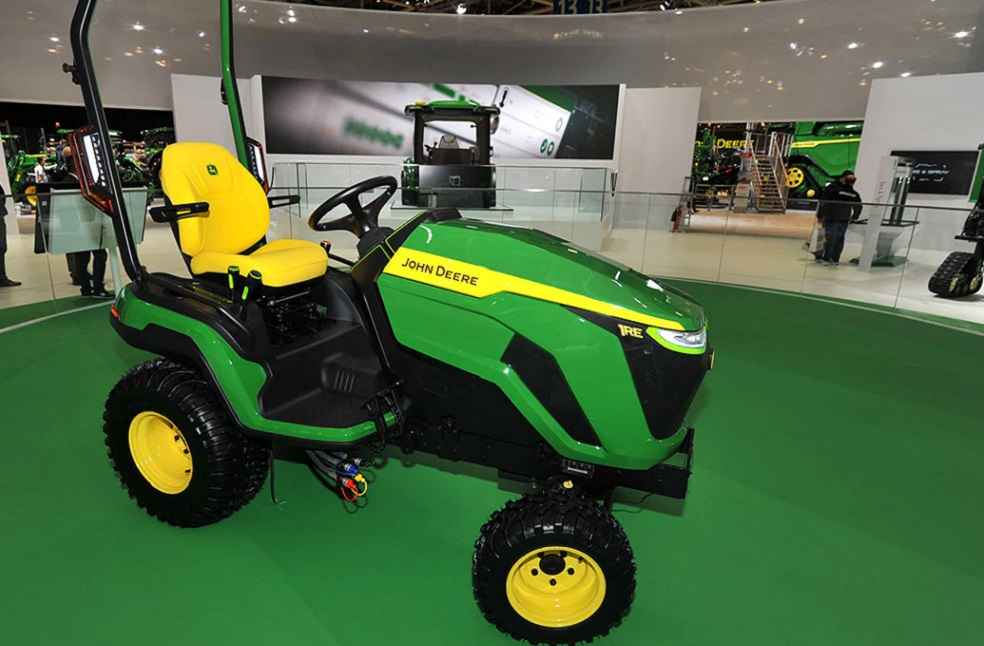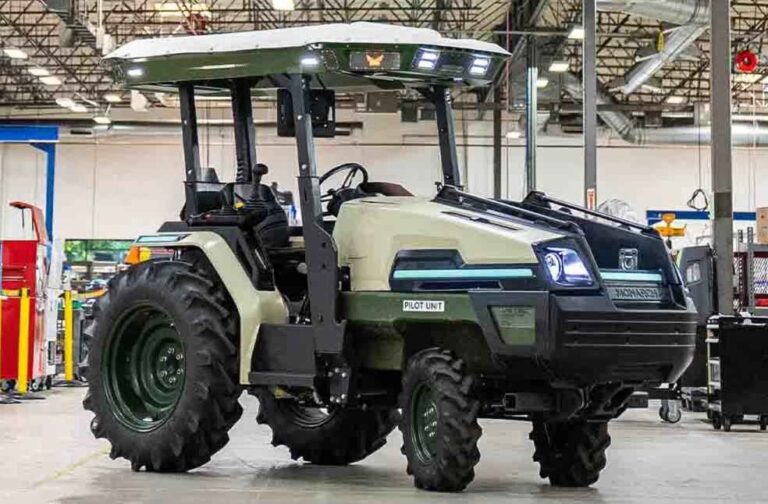There’s a strong forecast for the global electric farm tractor market, with expectations of an increase from $98.7 million in 2022 to a significant $234.0 million by 2028, as revealed by ‘Research & Markets’. This leap indicates a noteworthy CAGR of 14.06% during 2023 to 2028.
Electric farm tractors, developed to replace the traditional diesel or gasoline-powered tractors, are witnessing fast acceptance in the agriculture sector. With their advantages like lower carbon emissions, reduced operational costs, and quieter functionality, these tractors are becoming a preferred choice for modern farmers.
Various elements are driving the market’s growth, mainly the rising worldwide demand for sustainable agriculture methods, advancements in farming machinery, and improvements in energy storage systems. The ongoing global shift in policies favoring electric vehicle (EV) adoption is also providing a significant push to the electric farm tractor market.

New product releases have made notable contributions in the sector, such as Solectrac’s (a subsidiary of Ideanomics) e25H, an advanced electric tractor set to hit the market in 2023’s second quarter. Monarch Tractor, too, introduced the first commercially available electric and optionally-driverless smart tractor, the MK-V, in December 2022.
There’s a growing recognition and implementation of sustainable practices in agriculture, which substantially contributes to market demand. Governments worldwide are putting forward measures to encourage sustainable agriculture with a significant focus on reducing greenhouse gas emissions from agricultural activities. This combined with the fast-paced adoption of farm mechanization and technology signifies that electric farm tractors could have a crucial part in achieving these targets.
Still, there are challenges in the path of the market’s growth. Inadequate charging and network infrastructure, particularly in less developed nations, the high upfront cost of electric tractors, and the rise of alternative engine types such as hydrogen fuel cell vehicles create barriers. The market’s dominance by conventional tractors also poses a challenge to the electric tractor’s market entry.
But, integrating advanced technologies in electric farm tractors and the unexplored market potential in developing nations could create room for market expansion.
The agricultural sector is grappling with persistent labor shortages, climate change issues, and food safety concerns. The solution, could lie in the increased adoption of electric farm tractors, which would not only improve farm profitability but also contribute to planetary sustainability.
DON’T MISS: Tractor Origins; The Agricultural Revolution’s Dawn






